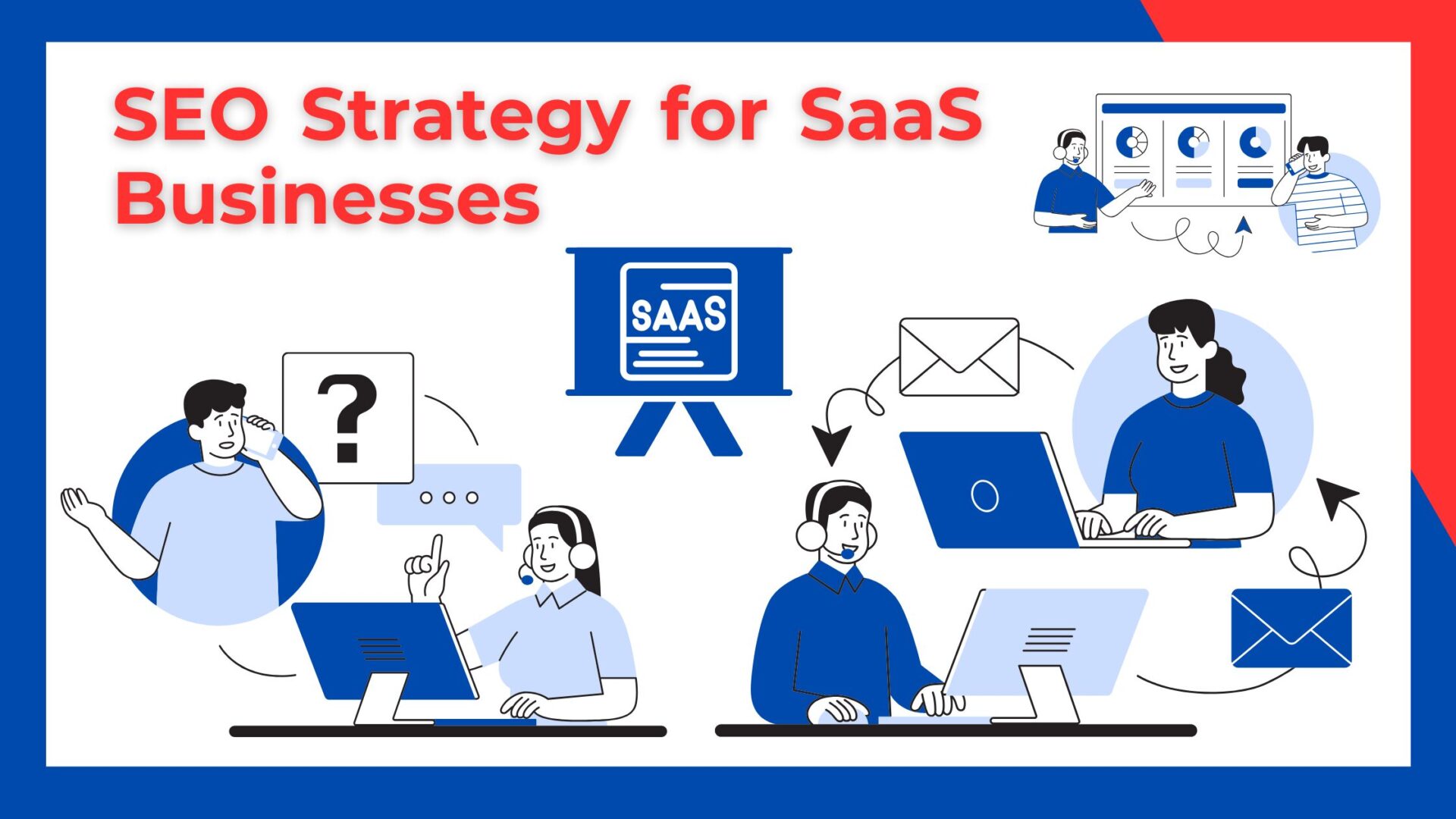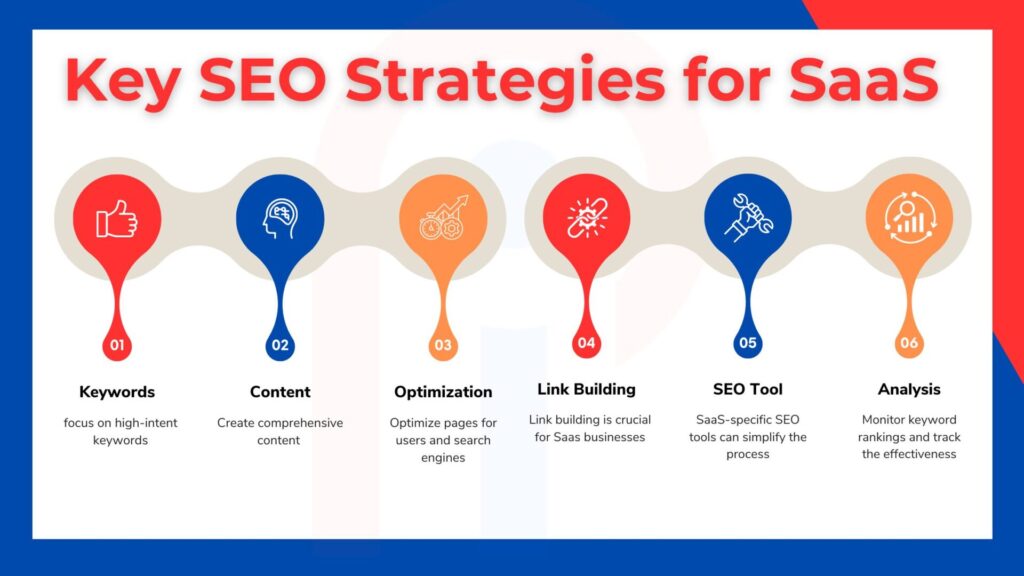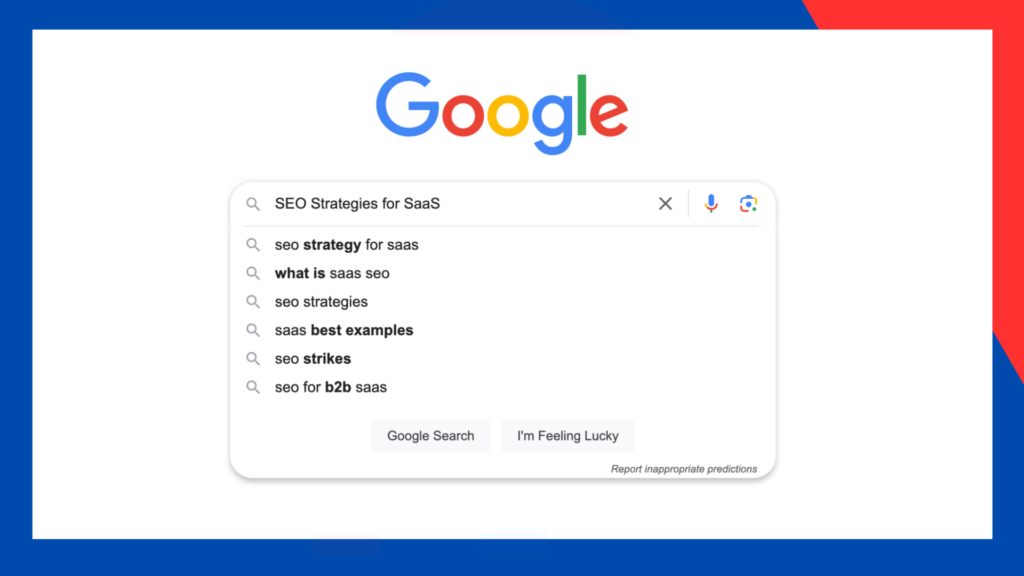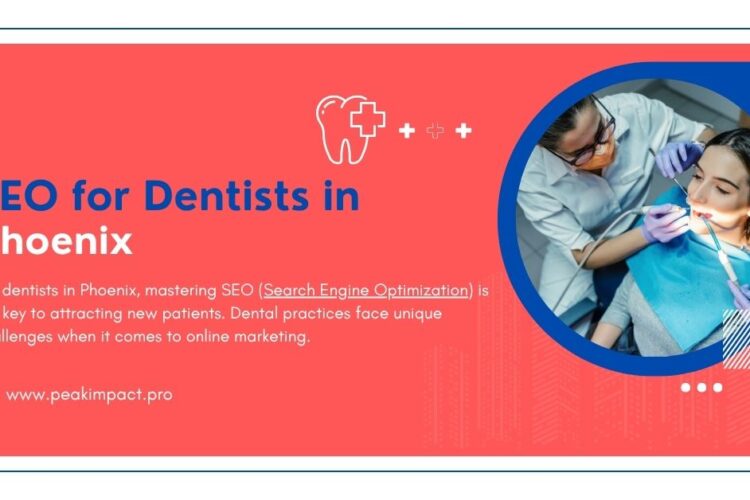
For Software as a Service (SaaS) companies, having a solid SEO strategy for saas is key to attracting new customers, generating leads, and driving growth. Unlike traditional businesses, SaaS operates in a highly competitive digital space where visibility and authority are crucial.
This guide covers effective SEO strategies for SaaS companies, offering tips to maximize your online presence and ensure your product is discoverable by the right audience.
Quick View
Why SEO Matters for SaaS Companies
SEO is a crucial channel for SaaS companies because most of their customer interactions happen online. Whether you’re offering a B2B or B2C SaaS product, your audience is likely searching for solutions via search engines.
A solid SEO strategy for SaaS make sure that your product ranks higher, leading to better organic traffic, increased signups, and more conversions.
Key SEO Strategies for SaaS Companies

1. Target High-Intent Keywords
To start building a strong SEO strategy for SaaS, focus on high-intent keywords. These are terms that potential customers are searching for when they are ready to make a decision.
Use keyword research tools like SEMrush or Ahrefs to find keywords related to your product, and target keywords such as “best CRM software” or “project management tools for startups.”
Long-tail keywords are especially valuable for SaaS because they capture users at different stages of the buying process.
2. Create In-Depth Product-Focused Content
Content marketing plays a huge role in SaaS SEO. Create comprehensive content around your product’s benefits, features, and use cases. Case studies, comparison pages, and solution guides can help boost your product’s visibility.
For example, a SaaS CRM company might create detailed guides on “how to choose the best CRM for small businesses” to attract users who are actively seeking a solution.
3. Optimize for Product Pages
Your product pages should be fully optimized for both users and search engines. This means ensuring your meta tags, descriptions, and on-page content are rich in relevant keywords.
A good SEO strategy for SaaS product pages includes adding unique selling propositions (USPs), clear call-to-action (CTA) buttons, and customer testimonials to increase conversions.
4. Focus on Link Building
Link building is crucial for improving domain authority and search rankings. For SaaS companies, outreach for guest posts, collaborations, or product mentions in industry blogs can build relevant backlinks.
Additionally, writing high-value content that others want to link to, such as research reports or industry insights, can attract quality links naturally.
5. Use SaaS-Specific SEO Tools
Several SaaS-specific SEO tools can simplify the process. Tools like Moz, Ahrefs, or SEMrush provide keyword data, competitor insights, and backlink analysis, helping you optimize every part of your strategy.
Many SaaS businesses use these tools to monitor keyword rankings and track the effectiveness of their campaigns.
Best SEO Strategies for SaaS Startups

Startups often have limited resources, so their SEO strategy should be efficient and focused on long-term growth. A good strategy includes:
- Building topical authority: Create in-depth content on niche topics to become a thought leader.
- Focusing on local SEO: Even SaaS companies benefit from local optimization, especially if targeting specific regions.
- Investing in technical SEO: Startups should focus on optimizing site speed, mobile usability, and overall site structure for better search engine performance.
Examples of SaaS Companies Excelling in SEO
One great example is HubSpot, a leader in inbound marketing SaaS. HubSpot’s blog is one of the most trafficked in the industry, providing free resources, tutorials, and tools, naturally attracting high-quality backlinks and improving organic visibility.
Example is Dropbox, which optimizes its landing pages with clear CTAs and high-intent keywords, ensuring better ranking for product-related queries.
Summary
Building a successful SEO strategy for SaaS requires a combination of high-quality content, keyword targeting, and technical optimizations.
Whether you’re a startup or an established SaaS business, focusing on high-intent keywords, optimizing your product pages, and leveraging SEO tools will help boost your organic visibility and drive meaningful traffic.
Implement these strategies, and you’ll see improved rankings, more signups, and higher conversions for your SaaS product.
FAQs
What are the best SEO strategies for SaaS companies?
Focus on high-intent keywords, create in-depth product-related content, optimize product pages, build backlinks, and use SaaS specific SEO tools like SEMrush and Ahrefs.
How can SaaS startups improve their SEO?
SaaS startups can focus on building authority in their niche, leveraging local SEO, and ensuring their website is technically optimized for search engines. Quality content creation and link-building efforts are key for long-term growth.
What SEO tools are best for SaaS companies?
Tools like SEMrush, Ahrefs, Moz, and Ubersuggest are popular for SaaS companies as they provide keyword research, competitor analysis, and backlink monitoring, helping you optimize your SEO efforts.
How important is link building for SaaS SEO?
Link building is critical for SaaS companies as it boosts domain authority and helps improve organic rankings. Focusing on acquiring high-quality links from industry-relevant websites can greatly impact search visibility.
How can I create a successful SEO strategy for a SaaS product?
Start with thorough keyword research to identify high-intent keywords, optimize product and landing pages, create valuable content, and invest in a link-building strategy to enhance your product’s visibility.




